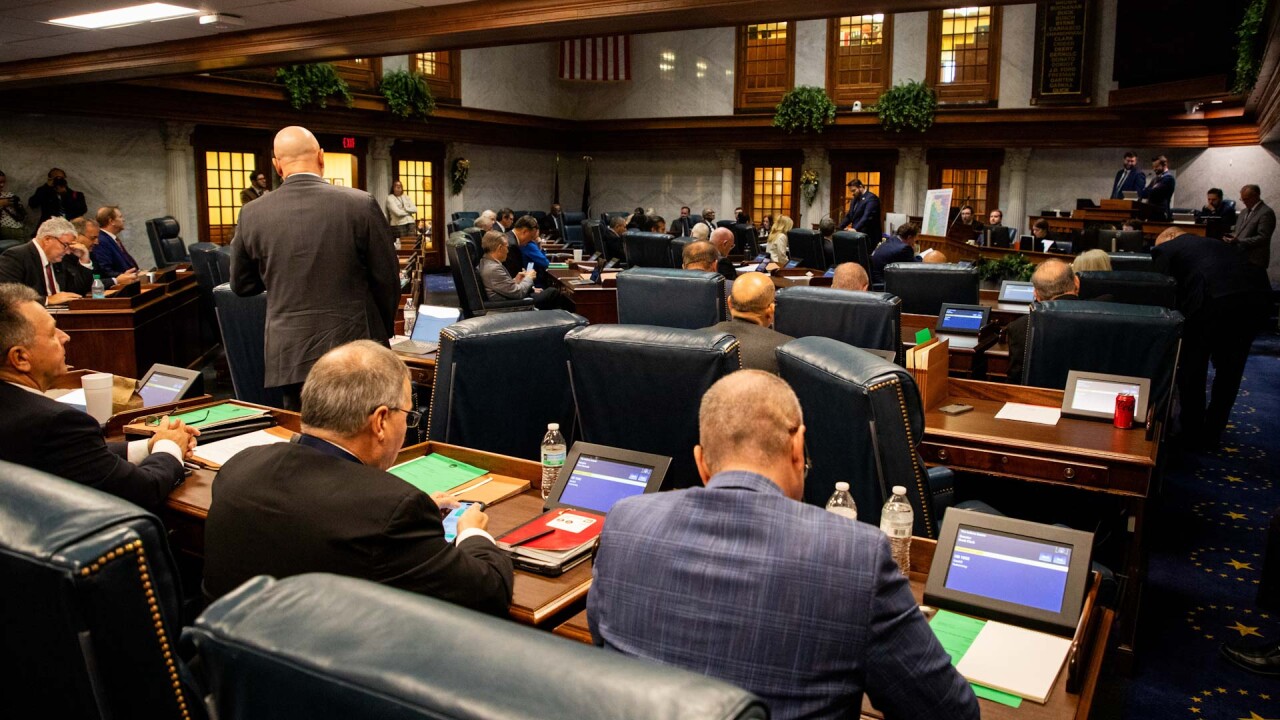Connecticut will wrap up a busy year of capital markets activity with its $800 million tax-exempt general obligation bond offering, planned for the week of Dec. 13.
Barclays is lead manager for the negotiated sale. A one-day retail period will precede Tuesday’s institutional sale.
Connecticut, which this year received across-the-board

State officials are designating Series B as social bonds, which according to bond documents, “follows the spirit of the International Capital Market Association’s social bond principles and the United Nations sustainable development goals.”
No third-party verification is planned.
The state will deposit Series B proceeds into a dedicated account within its short-term investment fund.
Maturities will run from 2023 to 2035 for Series A, and 2035 to 2042 for Series B.
Fitch Ratings rates Connecticut GOs AA-minus, while Kroll Bond Rating Agency and S&P Global Ratings rate the state to AA and A-plus, respectively. Moody’s Investors Service assigns Aa3.
Moody’s said its rating “reflects the state's continued commitment to numerous governance improvements that have created significant budgetary reserves, lessened revenue volatility and improved pension funding.”
Upgrades from all four represented the first the state has received since 1990. The rating agencies cited structural budgets improvements and the bolstering of the state’s rainy-day account.
The upgrades resonated in the state’s $500 million sale of special tax obligation bonds in November, which according to state Treasurer Shawn Wooden will provide $587 million in new funding for transportation projects.
Retail orders totaled $325 million.
"Connecticut’s strong investment-grade ratings continue to contribute to strong demand from investors for each of our bond sales,” Wooden said.
Major transportation projects that the STO credit is funding include the Interstate-95 Gold Star Memorial Bridge in New London; the I-84 Improvement Program in Waterbury; I-91/state route 15 Interchange Improvements in Wethersfield and East Hartford; the New Haven Rail Yard master complex; the replacement of the Walk Bridge in Norwalk; and new rail cars for Metro-North Railroad’s New Haven line.
Connecticut ended fiscal 2021 with an operating surplus of more than $480 million, more than 2% of general fund revenue not including a volatility-cap deposit of $1.2 billion. Over four years, the cap is generated more than $4 billion for the state’s budget reserve fund, with an increasing portion of that amount bolstering the state pension fund.
The state’s Office of Policy and Management is projecting a surplus of $895 million for fiscal 2022.
Connecticut operates on a biennial budget. In the spring, it enacted a $42.8 billion spending plan for fiscal 2022 and 2023.





